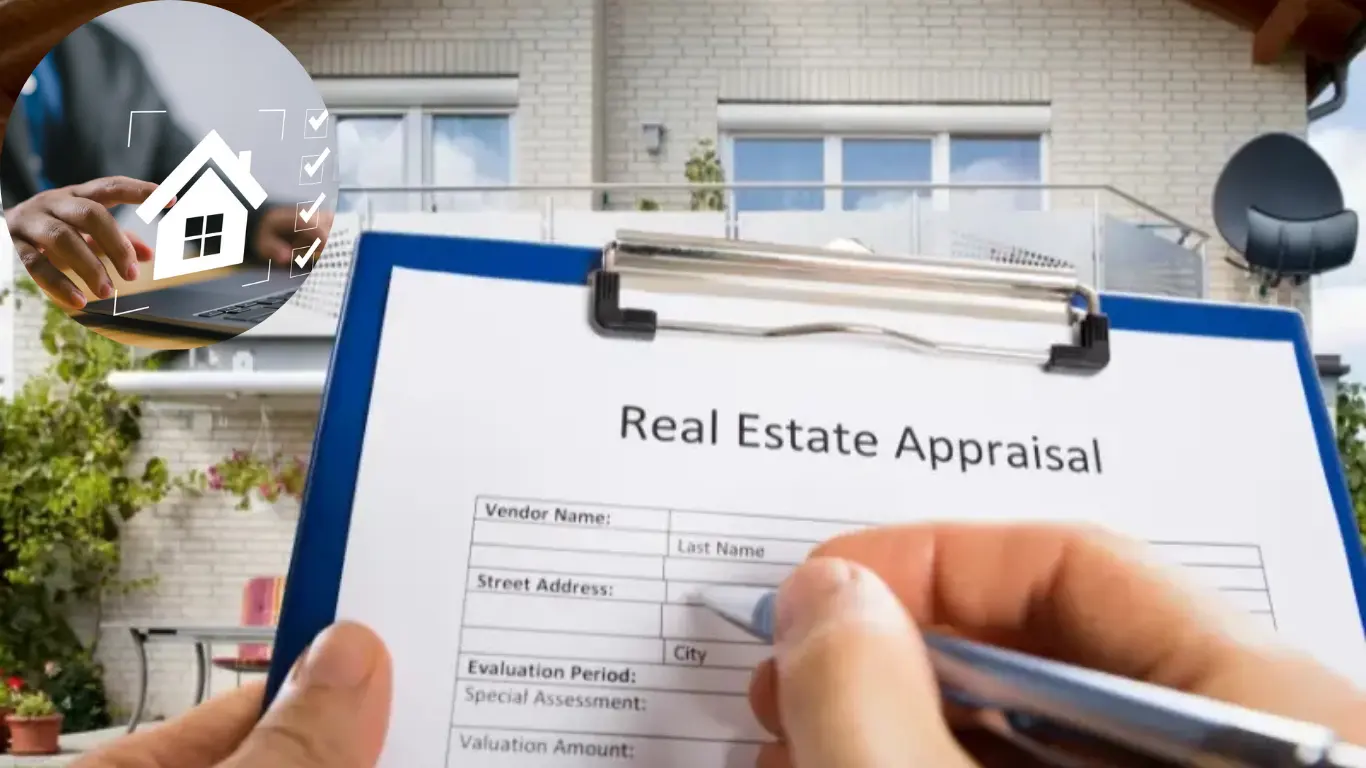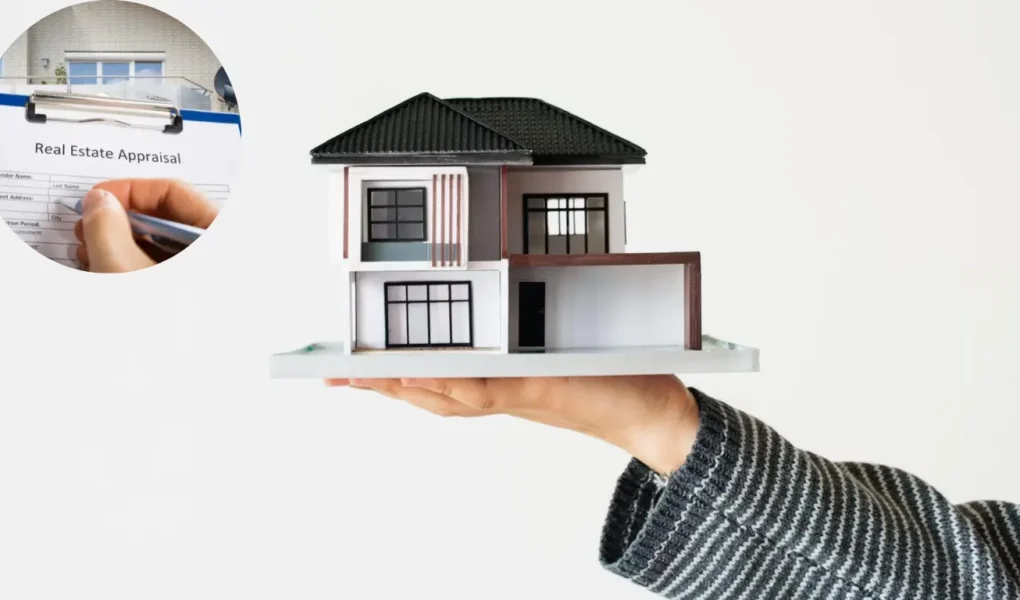Hey there, reader! If you’re diving into the world of Texas real estate—whether you’re buying your first home in the bustling streets of Houston or refinancing a cozy spot in Austin—you’ve probably wondered, How much is a house appraisal in Texas? It’s a key question that arises for many people navigating the homeownership journey. In this simple guide, we’ll break it all down for real estate step by step.
What Is a House Appraisal?

Imagine you’re about to make one of the most significant purchases of your life—a home in Texas. Before you sign on the dotted line, someone needs to confirm that the price is fair and reasonable. That’s where a house appraisal comes in. At its core, a house appraisal is an unbiased estimate of a property’s market value, conducted by a trained professional. It’s not just a guess; it’s based on solid data like recent sales of modren homes, the property’s condition, and local market trends.
Average Cost of a House Appraisal in Texas
Let’s get straight to the numbers you’ve been waiting for: how much is a house appraisal in Texas? On average, you can expect to pay between $425 and $800 or more for a standard home appraisal. This range is derived from data across the state, influenced by factors such as the appraiser’s fees and the property’s specific details. However, remember that these are ballpark figures—your exact cost may vary based on particular information we’ll cover soon.
Factors Influencing House Appraisal Costs in Texas

First up: property size and square footage. Bigger homes mean more work for the appraiser. A cozy 1,500-square-foot starter home in San Antonio might cost $450 to appraise, but scale up to a 4,000-square-foot estate in Dallas, and you’re looking at $700 or more. Why? Appraisers spend extra time measuring rooms, inspecting features, and analyzing comparable sales data to ensure accurate valuations. Think about it—more space equals more details to evaluate.
Different Types of House Appraisals and Their Costs

The gold standard is the traditional architecture, also known as a comprehensive in-person evaluation. Here, the appraiser visits your property, inspects it both inside and out, measures all aspects, and compares it to similar homes. It’s thorough and reliable, often required for most mortgages. In Texas, costs range from $500 to $ 800 or more. For a single-family home in Dallas, expect around $600. Lenders love this type for its accuracy, but it’s the priciest due to the hands-on work.
How to Budget for a House Appraisal in Texas
Budgeting for a house appraisal doesn’t have to feel overwhelming, especially when you’re already juggling closing costs in Texas. On average, appraisals make up about 0.5% to 1% of your total closing expenses—think $500 out of a $50,000 closing bill. But planning keeps surprises at bay. Let’s walk through some plumbing tips.
How to Find a Qualified Texas House Appraiser

Finding the right appraiser in Texas is key to getting an accurate valuation without overpaying. Licensed and certified appraisers ensure reliability— unlicensed ones could lead to invalid reports and wasted money. In Texas, certification is issued by the TALCB, ensuring that individuals meet education and ethical standards.
What to Expect During the House Appraisal Process
Curious about what happens when an appraiser shows up? Let’s break down the process step by step so you’re prepared.
It starts with scheduling—usually 1-2 weeks after ordering. The appraiser contacts you to schedule a time, typically 1-2 hours, for the inspection.
During the visit, they evaluate everything, including the interior condition, appliances, and structure. Outside, they check the yard, roof, and curb appeal. They take photos and measurements.




